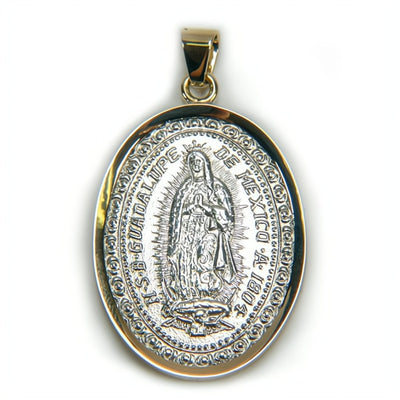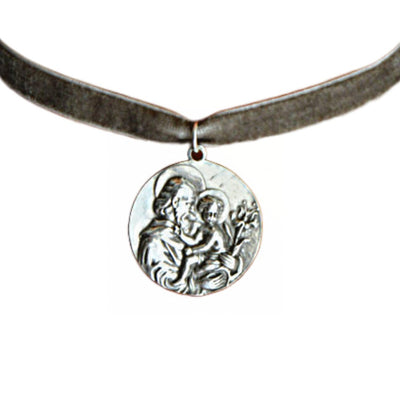Jewish Christianity: Exploring the Early Roots of the Christian Faith
Introduction
Jewish Christianity represents the earliest form of Christianity, deeply rooted in Judaism and the teachings of Jesus Christ. Before the faith spread to the Gentile world, Christianity was primarily a Jewish movement. The first Christians were Jewish believers who saw Jesus as the fulfillment of Old Testament prophecies.
This article explores the history, theology, and influence of Jewish Christianity, shedding light on how it shaped the early Church and continues to impact Christian faith today.
1. What is Jewish Christianity?
Jewish Christianity refers to the earliest followers of Jesus who maintained Jewish religious practices while embracing Him as the Messiah. Unlike later Christian communities, Jewish Christians continued to observe the Mosaic Law, including dietary laws, circumcision, and temple worship.
Jewish Christianity was distinct because it:
-
Jesus was recognized as the Jewish Messiah, as foretold in the Old Testament.
-
Maintained Jewish customs and religious practices.
-
Played a key role in spreading the Gospel within Jewish communities.
2. The Jewish Origins of Christianity
Christianity emerged from Judaism, with Jesus and His apostles being Jewish. The New Testament shows how early Christians worshiped in synagogues and the Jerusalem Temple. The Book of Acts records that the first Christian converts were Jewish and that the apostles preached primarily to Jews before evangelizing the Gentiles.
Key moments in the early Jewish-Christian movement include:
-
Pentecost (Acts 2) – The Holy Spirit descends upon the apostles, and 3,000 Jewish believers accept Jesus as the Messiah.
-
The Jerusalem Church—Led by James, Jesus's brother, it remained deeply connected to Jewish traditions.
-
The Council of Jerusalem (Acts 15) – Decided that Gentile converts did not have to follow Jewish laws to become Christians.
3. The Role of Jewish Christians in the Early Church
Jewish Christians played a crucial role in preserving and spreading the teachings of Jesus. The apostles, many of whom were Jewish, traveled extensively to preach the Gospel. Some key figures include:
-
James the Just – Leader of the Jerusalem Church and an advocate for Jewish-Christian unity.
-
Peter – The first pope, who initially preached to Jewish believers before welcoming Gentiles (Acts 10).
-
Paul – A Jewish scholar who became the "Apostle to the Gentiles," bridging Jewish and Gentile Christian communities.
4. The Decline of Jewish Christianity
As Christianity spread among Gentiles, Jewish Christianity declined. Several factors contributed to this shift:
-
The Fall of Jerusalem (70 AD) – The destruction of the Temple forced Jewish Christians to separate from mainstream Judaism.
-
The Spread of Gentile Christianity – As non-Jews embraced Christianity, Jewish customs became less central.
-
The Rise of Theological Differences—Jewish and Gentile Christians had differing views on the Law, leading to division.
By the 4th century, Jewish Christianity had mainly disappeared, though its influence remained in Christian theology and tradition.
5. The Lasting Impact of Jewish Christianity
Jewish Christianity profoundly influenced Christian belief and worship. Some of its key contributions include the following:
-
The Old Testament as Sacred Scripture – The early Church affirmed the Jewish Scriptures as the Word of God.
-
The Concept of the Messiah – Christianity inherited Jewish Messianic expectations, fulfilled in Jesus.
-
The Practice of Baptism – Rooted in Jewish purification rituals.
-
The Eucharist – Inspired by Jewish Passover traditions.
6. How Understanding Jewish Christianity Deepens Our Faith
Recognizing Christianity’s Jewish roots helps believers appreciate:
-
Jesus as the Fulfillment of Prophecy – Strengthening faith in Him as the promised Messiah.
-
The Unity of Scripture – Seeing how the Old and New Testaments form a continuous story of salvation.
-
The Historical Continuity of the Church – Understanding the early Church's connection to Judaism enriches Catholic tradition.
7. Explore Faith-Inspired Gifts at Guadalupe Gifts
At Guadalupe Gifts, we celebrate Christianity's rich heritage. Our collection of Catholic gifts, sacred art, and devotional jewelry reflects the faith’s deep historical roots and traditions.
Top Catholic Church-Approved Resources for Further Reading:
-
United States Conference of Catholic Bishops (USCCB) - Early Church History
-
Catechism of the Catholic Church - The Relationship Between Judaism and Christianity
About Guadalupe Gifts
Guadalupe Gifts is dedicated to offering high-quality, authentic Catholic gifts and jewelry. Our mission is to help believers express their faith through meaningful gifts reflecting Catholic tradition's beauty and depth.
Find faith-filled gifts at Guadalupe Gifts.




















Leave a comment